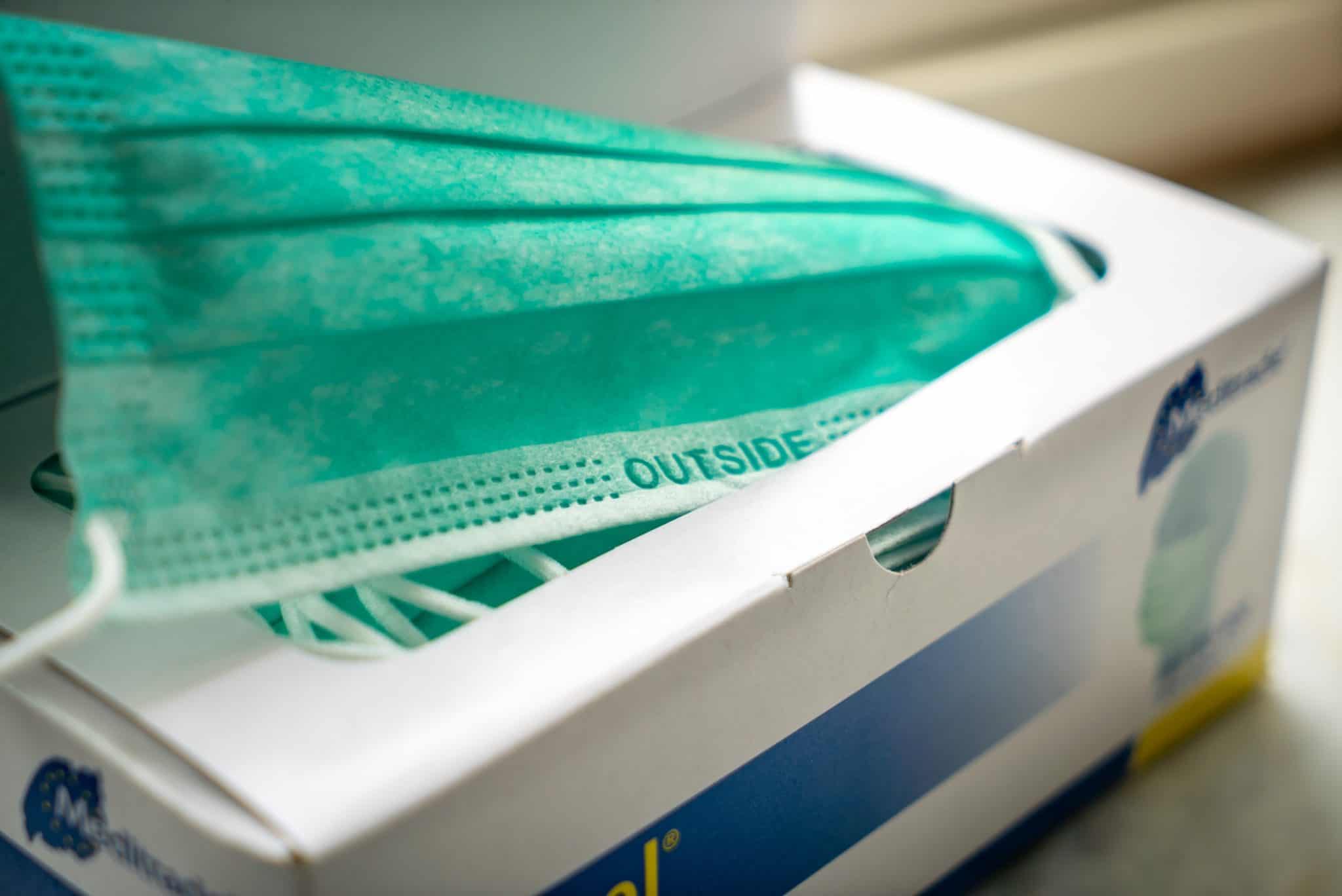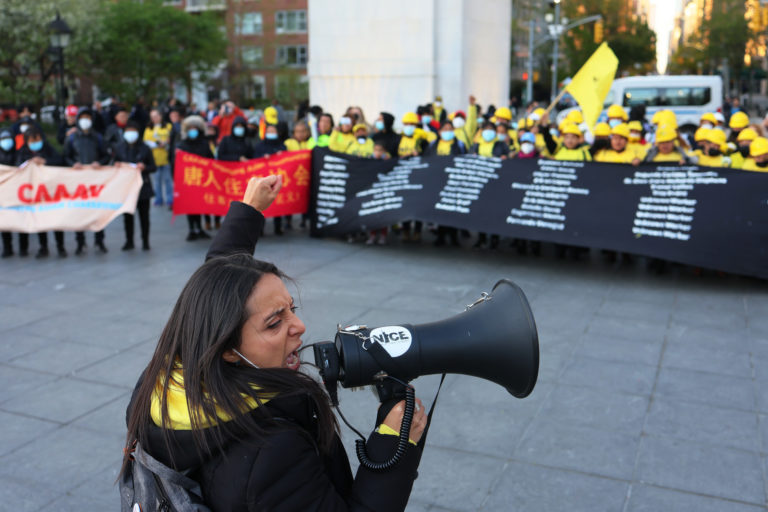
Leigh Thomas is a student at Harvard Law School.
UK health authorities administered the very first doses of the newly-approved Covid-19 vaccine yesterday. Members of the public could watch on television as individuals like Margaret Keenan, age 90, received the injection on camera. While the vaccine has yet to receive FDA approval in the United States, companies are already vying to guarantee their workers will receive priority doses. As Reuters reports, companies hoping to gain access to the vaccine are encountering a patchwork of state distribution plans with varying definitions of “essential” workers entitled to receive priority doses. Labor unions and industry lobbyists alike have urged officials to prioritize their workers. Mark Lauristen, an advocate for the United Food and Commercial Workers union, noted the union would direct attention to states like Colorado that have not moved meatpacking and meat-processing as high as other states. Organizing efforts are focused both on local health officials and federal entities; at least twenty-two industries have written to the Advisory Committee on Immunization Practices, an independent panel of health experts advising the CDC on vaccine distribution guidelines. ACIP has yet to make recommendations beyond its initial statement that health care workers and long-term care residents should be first priority.
Ensuring that workers are first in line to receive a vaccine is one of six recommendations for protecting food and farm workers published by the Environmental Working Group yesterday. The recommendations, aimed at the incoming Biden Administration, also focused on diverting funds from farmer bailout programs towards workers, issuing emergency protecting standards for farmers, and instituting hazard pay and minimum wage increases. The Biden Administration should also help farm workers by strengthening EPA’s agricultural worker protection standards, and by pushing for legislation to provide a path to citizenship for undocumented farmworkers, the recommendations urge.
Nurses unions continue to lead the fight for safer conditions for health care workers. A new report by National Nurses United analyzes the devaluation of nurses’ “care work” during the Covid-19 crisis and the resulting inequity in the treatment of nurses. The report highlights what it calls “moral distress” suffered by nurses: a phenomenon when “one knows the right thing to do, but institutional constraints make it nearly impossible to pursue the right course of action.” Nurses experience moral distress when they lack PPE and fear contracting Covid-19 and infecting their family members, or when they lack sufficient resources to properly care for patients. Moral distress manifests in nurses’ lives as physical and mental health problems like exhaustion, anxiety, depression, and PTSD. The report urges collective action by nurse’s unions to reduce Covid-19 exposure risk, enforce occupational safety and health standards, and implement policies to address the impact of exposure, such as paid sick and precautionary leave.
Food retailers reported significant increased profits this year while frontline grocery store workers saw little to no benefit, according to a report by the Brookings Institution. As The Chicago Tribune reports, most retailers quickly ended “hero pay” or hazard pay for workers early in the pandemic despite substantial company earnings. Among the retailers cited by the report were Walmart (experiencing a 45% increase in profit), Amazon (with a 53% increase) and Kroger (with a “staggering” 90% increase in profit). According to one of the report’s authors, “Amazon and Walmart could have quadrupled the hazard pay they gave to their frontline workers and still earned more profit than the previous year.” Despite this, workers have received only occasional bonuses, but no reinstatement of hazard pay even in the face of coronavirus surges across the country.






Daily News & Commentary
Start your day with our roundup of the latest labor developments. See all
December 19
Labor law professors file an amici curiae and the NLRB regains quorum.
December 18
New Jersey adopts disparate impact rules; Teamsters oppose railroad merger; court pauses more shutdown layoffs.
December 17
The TSA suspends a labor union representing 47,000 officers for a second time; the Trump administration seeks to recruit over 1,000 artificial intelligence experts to the federal workforce; and the New York Times reports on the tumultuous changes that U.S. labor relations has seen over the past year.
December 16
Second Circuit affirms dismissal of former collegiate athletes’ antitrust suit; UPS will invest $120 million in truck-unloading robots; Sharon Block argues there are reasons for optimism about labor’s future.
December 15
Advocating a private right of action for the NLRA, 11th Circuit criticizes McDonnell Douglas, Congress considers amending WARN Act.
December 12
OH vetoes bill weakening child labor protections; UT repeals public-sector bargaining ban; SCOTUS takes up case on post-arbitration award jurisdiction